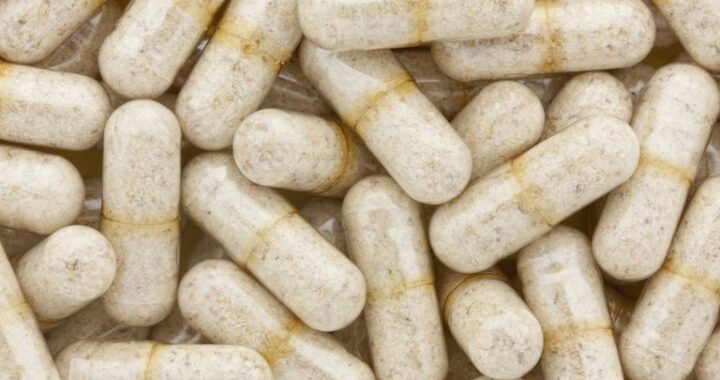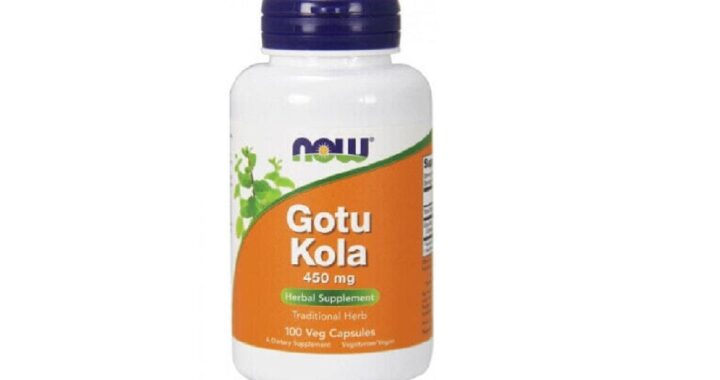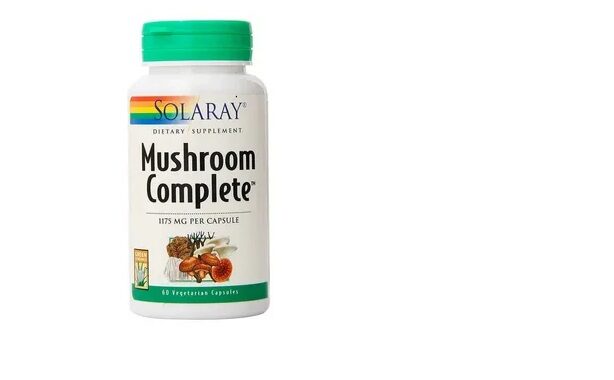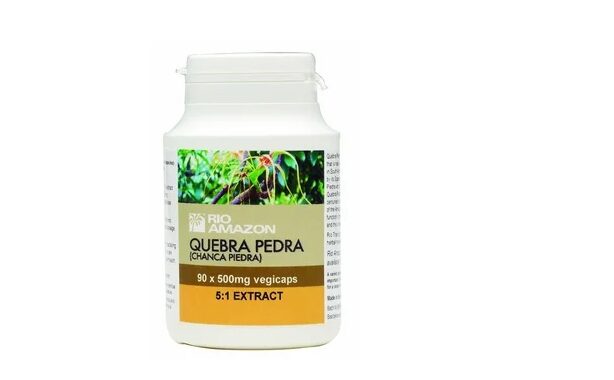Gravel root, also known as Eupatorium purpureum or Joe-Pye weed, is a flowering plant native to eastern North America. It has a long history of use in traditional herbal medicine, particularly among indigenous peoples who recognized its therapeutic properties. Gravel root gets its name from its traditional use in treating kidney stones and urinary tract issues, as “gravel” was a colloquial term for kidney stones. However, gravel root offers a wider array of health benefits beyond its historical use for urinary tract conditions. This comprehensive guide explores the multifaceted benefits of gravel root supplements, drawing upon both traditional wisdom and modern scientific research.
Historical and Cultural Significance
Gravel root has a rich history in traditional medicine, particularly among Native American tribes such as the Cherokee, Iroquois, and Algonquin. These indigenous peoples used gravel root for various medicinal purposes, including treating fevers, inflammation, and urinary tract disorders. European settlers later adopted gravel root into their herbal traditions, where it became valued for its diuretic, anti-inflammatory, and analgesic properties. Over time, gravel root has remained a staple in herbal medicine practices, appreciated for its versatile therapeutic effects.
Urinary Tract Health
One of the primary uses of gravel root supplements is for promoting urinary tract health. Gravel root is believed to have diuretic properties, meaning it increases urine production and helps flush toxins and waste from the kidneys and urinary tract. This may be particularly beneficial for individuals prone to urinary tract infections, kidney stones, or other urinary system issues. Gravel root supplements may help alleviate symptoms such as urinary frequency, urgency, and discomfort.
Anti-inflammatory Effects
Gravel root contains bioactive compounds such as flavonoids and terpenes, which possess anti-inflammatory properties. These compounds help reduce inflammation throughout the body, making gravel root potentially beneficial for conditions such as arthritis, gout, and inflammatory bowel disease. By modulating the body’s inflammatory response, gravel root supplements may help alleviate pain, swelling, and discomfort associated with these conditions.
Pain Relief
Gravel root has traditionally been used as a natural pain reliever for various ailments. Its analgesic properties may help alleviate pain associated with conditions such as headaches, menstrual cramps, muscle aches, and joint pain. Gravel root’s ability to reduce inflammation and promote circulation may contribute to its pain-relieving effects. Some individuals use gravel root supplements as an alternative to over-the-counter pain medications for managing chronic pain.
Digestive Health
Gravel root supplements may support digestive health by promoting proper digestion and relieving gastrointestinal discomfort. Gravel root contains bitter compounds that stimulate the production of digestive juices and enzymes, which aids in the digestion of fats and promotes regular bowel movements. Additionally, gravel root’s anti-inflammatory properties may help soothe inflammation in the digestive tract and alleviate symptoms of conditions such as gastritis, indigestion, and irritable bowel syndrome (IBS).
Immune System Support
Gravel root is believed to have immune-modulating effects, meaning it can help regulate and support the immune system. The bioactive compounds in gravel root, particularly flavonoids and phenolic acids, have been shown to enhance immune function by stimulating the activity of immune cells and increasing the production of antibodies. Regular consumption of gravel root supplements may help strengthen the immune response, reduce the risk of infections, and promote overall health and well-being.
Circulatory Health
Some research suggests that gravel root may support circulatory health and improve blood flow. Gravel root contains compounds that may help dilate blood vessels, increase circulation, and reduce blood pressure. These effects may be beneficial for conditions such as hypertension, varicose veins, and peripheral artery disease. Gravel root supplements may also help alleviate symptoms of edema and promote overall vascular health.
Usage and Dosage
Gravel root supplements are available in various forms, including capsules, tablets, tinctures, and teas. The appropriate dosage can vary depending on the specific health goal and individual factors such as age, weight, and overall health status. It’s important to follow the manufacturer’s instructions or consult a healthcare provider to determine the appropriate dosage for you.
Safety and Side Effects
Gravel root supplements are generally considered safe for most people when used as directed. However, some individuals may experience side effects such as gastrointestinal upset, allergic reactions, or interactions with certain medications. Pregnant and breastfeeding women should avoid gravel root supplements due to insufficient safety data. It’s important to use gravel root supplements cautiously and consult a healthcare provider if you have any underlying health conditions or concerns.
Conclusion
Gravel root supplements offer a wide range of potential health benefits, from promoting urinary tract health and reducing inflammation to relieving pain, supporting digestive health, and boosting immune function. Backed by centuries of traditional use and increasingly supported by scientific research, gravel root stands out as a valuable herbal supplement for promoting holistic health and well-being. However, as with any supplement, it’s important to use gravel root cautiously and consult a healthcare provider to ensure it’s appropriate for your individual health needs and conditions. Whether used for specific health concerns or general health maintenance, gravel root supplements can be a beneficial addition to a holistic health regimen, supporting vitality, resilience,





